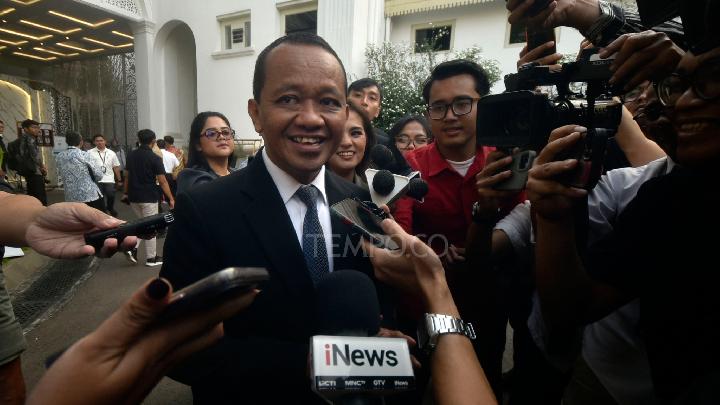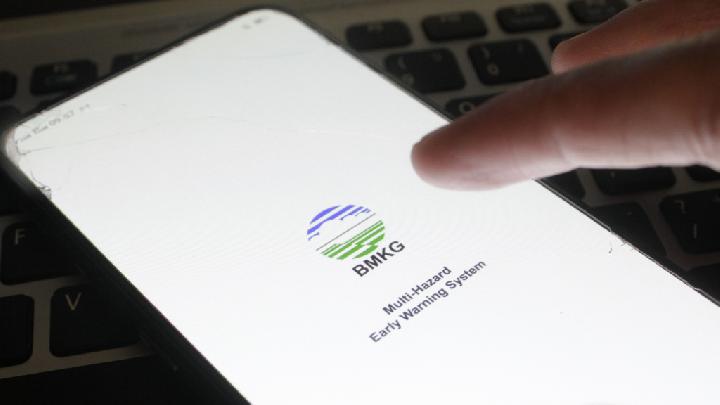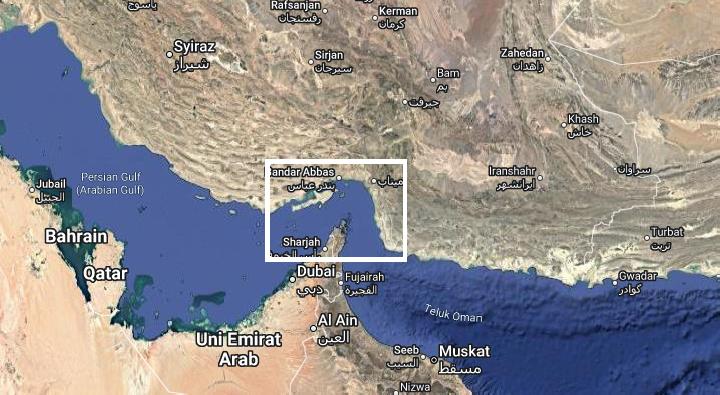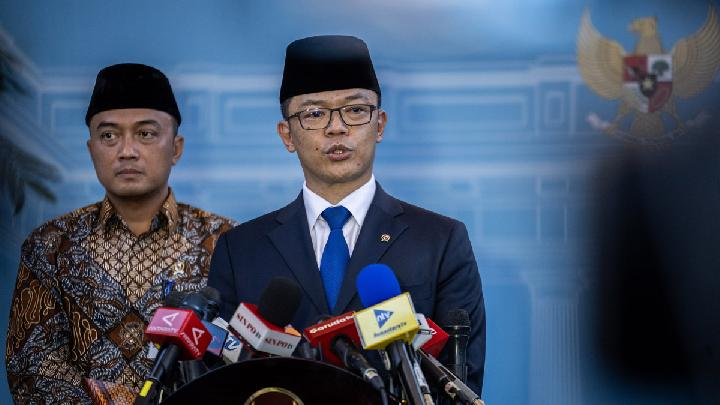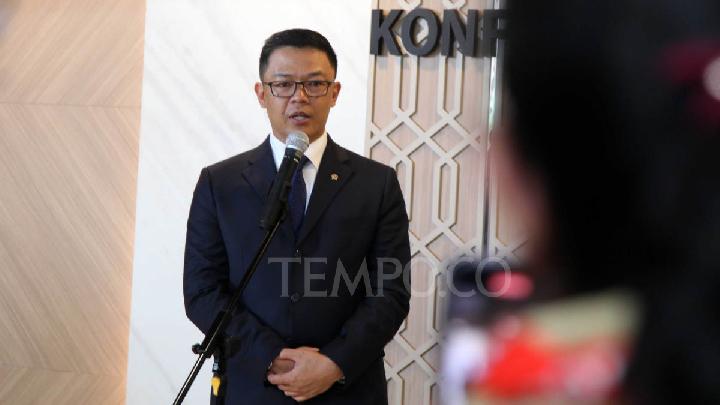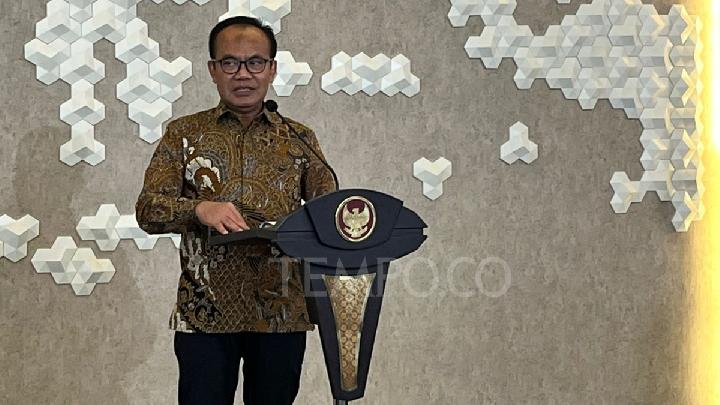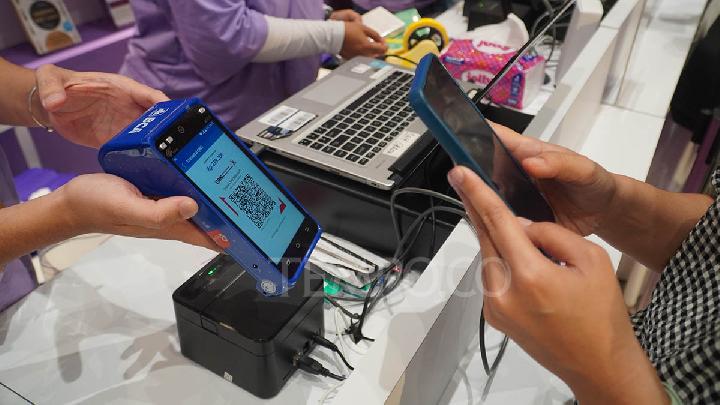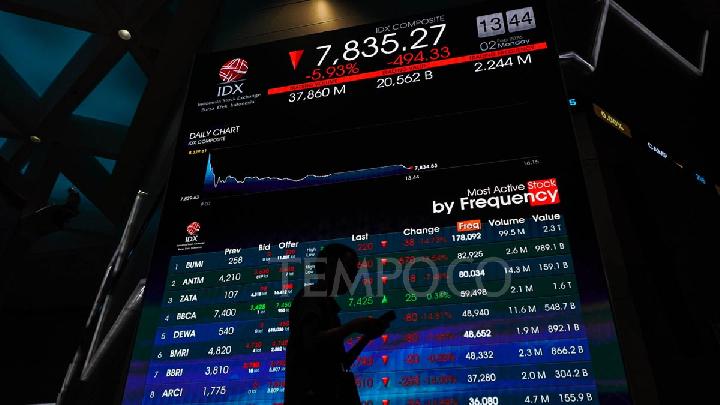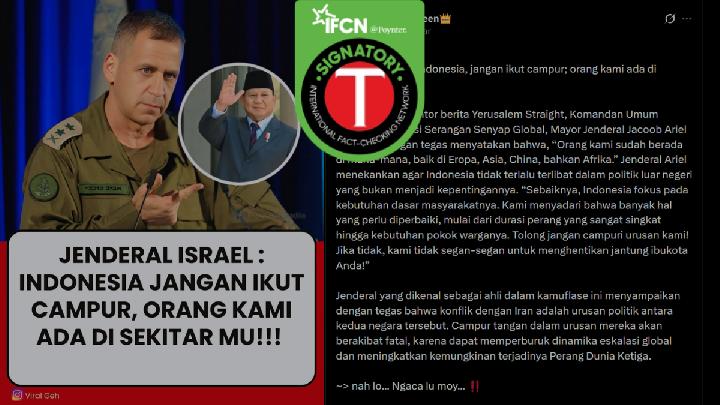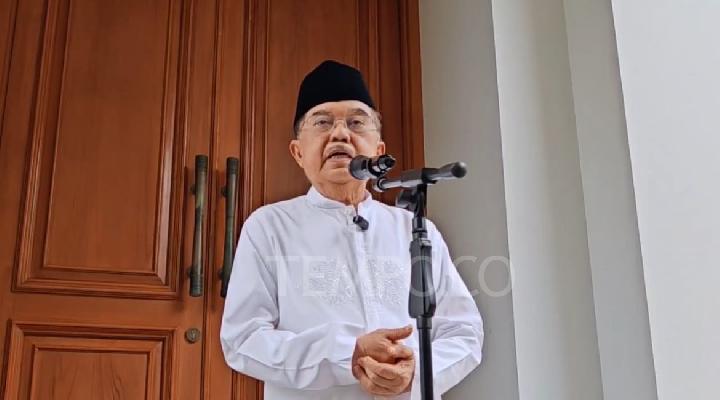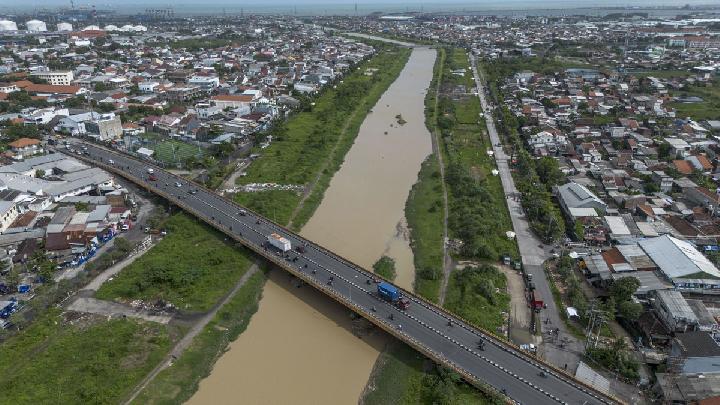September 20, 2025 | 09:34 pm

TEMPO.CO, Jakarta - Indonesian Minister of Finance Purbaya Yudhi Sadewa explained the government's plan to reduce electricity subsidies without burdening the public with tariff increases. One of the discussions is about the development of Solar Power Plants (PLTS) as well as the utilization of other New and Renewable Energy (EBT), which are more efficient.
"During the meeting in Hambalang, there was a discussion about the reduction of electricity subsidies by using Solar PLTS. But the price is still quite high," said Purbaya after a meeting with the President on Friday night, September 19, 2025, as quoted from Antara. "Now we are looking for new technology so that the production cost is close to the current low price, so that the subsidy can be reduced or even eliminated."
He emphasized that the policy of reducing electricity subsidies in the future should not lead to an increase in the public's electricity tariffs. "That's the goal. If the subsidy is reduced, the price will not be raised, but a source of electricity with lower costs will be sought," he said. He also denied dismissing the assumption that the government is intentionally provoking tariff increase issues.
However, Purbaya mentioned that the process of cutting electricity subsidies by utilizing new renewable energy cannot be instant. In the initial stage, the government will calculate the initial investment needs to ensure that the PLTS technology, domestic solar panels, and battery production are truly efficient.
"We want all subsidies to disappear, but it's not that easy. I've seen promising PLTS designs, but the calculations aren't finished yet. It still needs to be worked on," he said.
Next, the related ministries, especially the Ministry of Energy and Mineral Resources, will determine the implementation schedule. Purbaya is confident that every policy directed towards providing cheaper and sustainable electricity will also help maintain the people's purchasing power.
Previously, the Ministry of Energy and Mineral Resources (ESDM) and the House of Representatives (DPR) Commission XII had agreed on the basic assumptions of the state budget plan for the energy and mineral resources sector for the 2026 fiscal year, including the value of electricity subsidies. The electricity subsidy for 2026 is set at Rp101.72 trillion, an increase from the 2025 allocation of Rp87.72 trillion.
Achmad Nur Hidayat, a public policy observer at UPN Veteran Jakarta, believes that the subsidy allocation could miss the mark and lead to a budget deficit. Especially if the rupiah exchange rate continues to weaken, electricity subsidies could increase even further.
He also highlights that the increase in electricity subsidies does not reflect fiscal distribution justice and the effectiveness of public policies. Essentially, electricity subsidies are like a blanket in winter, which should only be used by those who need it the most. "But in fact, the current subsidies are mostly enjoyed by the middle-upper class who already have better protection," said Achmad when contacted.
Citing data from the World Bank and the Asian Development Bank, Achmad said that the wealthiest 40 percent of households enjoy 50 to 60 percent of the electricity subsidies, while the poorest 40 percent of households receive only 20 to 25 percent of the subsidies. "Electricity subsidies in Indonesia are based on tariffs and groups, not on real socio-economic conditions. Many wealthy households in elite housing still use the 900 VA or 450 VA subsidy groups under the names of their relatives or household staff," said Achmad.
According to Achmad, the electricity consumption structure also reinforces this inequality. Because he continued, many poor households in remote areas are not yet connected to PLN electricity, or their electricity consumption is very small, so the subsidies they receive are minimal.
2012 National Socio-Economic Survey data show that poor households, on average, only use 40-60 kWh per month. While the middle class consumes 80-150 kWh and the wealthy households reach 250-400 kWh per month.
Although the consumption of the wealthy households is high, he said, the proportion of electricity expenditure to their total expenses is relatively small, so the additional subsidy benefits for them are not significant. "An additional subsidy of Rp105 trillion will actually be enjoyed more by the middle-upper class. This is what is called regressive subsidies, the benefits are greater for those who do not need it," said Achmad.
He added that the policy must be redirected if the government wants subsidies to truly help poor and vulnerable people. "Large subsidies that are off target are like spreading expensive fertilizer on rocky ground. It's just a waste of budget," he said.
Nandito Putra contributed to the writing of this article
Editor's Choice: Why Does Indonesia's New Finance Minister Oppose Repeated Tax Amnesty?
Click here to get the latest news updates from Tempo on Google News
Indonesia's Energy Minister Urges Shell Stations to Avoid Layoffs Amid Fuel Shortages
1 hari lalu

Shell Indonesia's Ingrid Siburian and Energy Minister Bahlil Lahadalia call for no layoffs and better service amid fuel shortages.
Indonesia's Geothermal Power Capacity Rises to 2.71 GW
2 hari lalu
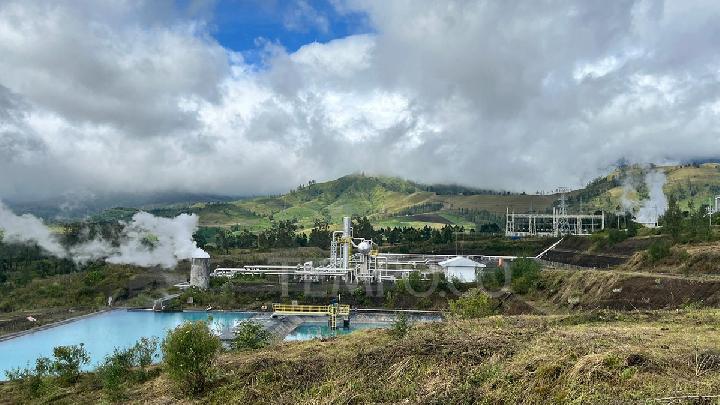
The Ministry of Energy and Mineral Resources aims to add 5.2 GW of electricity capacity from geothermal power plants (PLTP) over the next 10 years.
Indonesia Gov't Denies Monopoly on Fuel Supply at Private Gas Stations
3 hari lalu
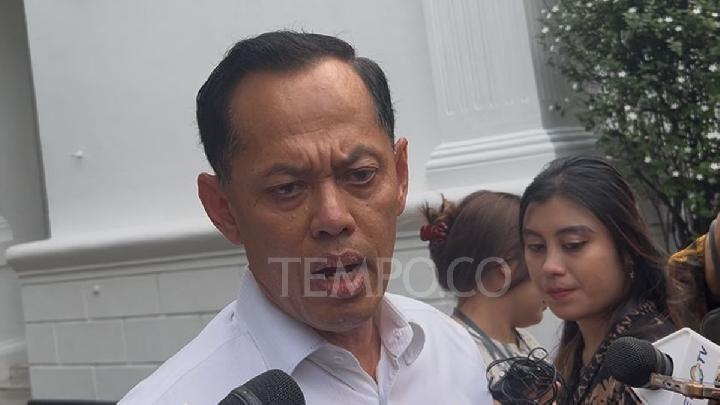
The Development Control and Special Investigation Agency (Bappisus) refuted rumors of a fuel stock monopoly amid shortages at private gas stations.
Vale Indonesia: Danantara Expresses Interest in 3 Nickel Smelter Projects
8 hari lalu

Vale Indonesia revealed that there are initial discussions regarding Danantara's involvement in the company's nickel processing facility projects.
Green Hydrogen Is Game Changer in Energy Transition, Says Deputy Minister of Energy
10 hari lalu
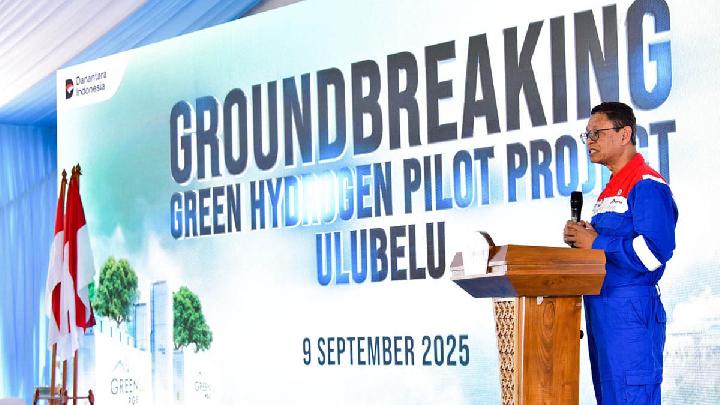
Indonesian Deputy Minister of Energy is optimistic that a new hydrogen-based geothermal power plant will advance the global energy transition.
Energy Ministry Confirms No New Fuel Imports for Private Gas Stations
11 hari lalu

An Energy Ministry official said the government had already allocated an additional 10% of last year's import volume to private gas station operators.
Indonesia's Energy Ministry Explains Cause of Fuel Shortages at Gas Stations
16 hari lalu

Vice Minister of ESDM Yuliot Tanjung mentioned that the scarcity of fuel at private gas stations is caused by the shift in public consumption from subsidized to non-subsidized fuel.
Energy Ministry to Discuss Fuel Scarcity Issue with Shell, BP
17 hari lalu

Previous reports suggest that several private gas station networks, particularly in Jakarta, have lacked certain fuel types since mid-August.
Danantara's Role in Indonesia's Waste-to-Energy Power Plant Project
18 hari lalu

Sovereign wealth fund Danantara will determine whether the power plant project will be carried out by private companies or by themselves.
Energy Minister Restricts Gas Exports to Safeguard Indonesia's Supply
29 hari lalu
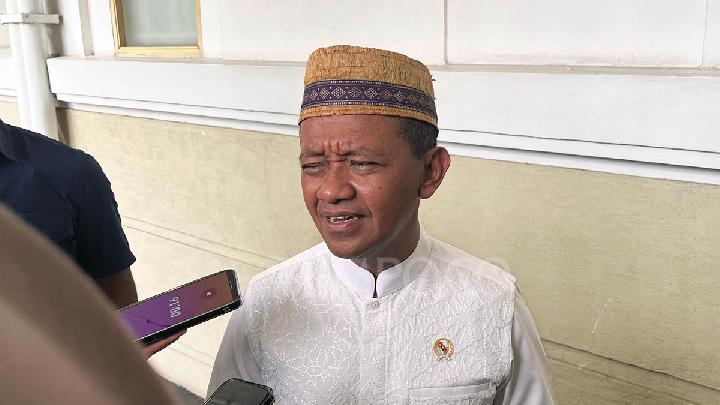
Indonesian Energy Minister Bahlil Lahadalia states that the portion of gas exports is limited to fulfill the decreased domestic needs.

